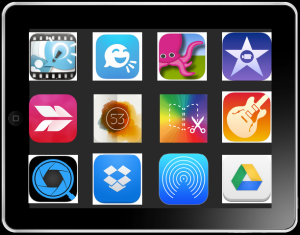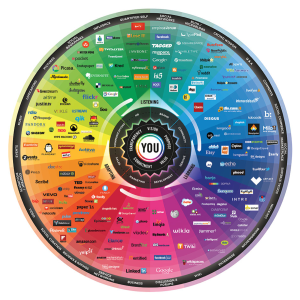
WIC is turning 11 years old this month, and we’re planning to give the space a refresh! If you are an undergraduate who studies at WIC, we’d like to hear your voice. We are holding student focus groups throughout April to get feedback on how we might improve our spaces and services to better accommodate student needs.
We will have Insomnia Cookies and giveaways for all who attend! Please register for a session below. All focus groups will be held in the WIC Seminar Room (Rm 124).
- Monday, April 10, 4-5pm
Register: http://libcal.library.upenn.edu/event/3237868
- Friday, April 14, 1-2pm
Register: http://libcal.library.upenn.edu/event/3237876
- Wednesday, April 19, 11am-noon
Register: http://libcal.library.upenn.edu/event/3237883









